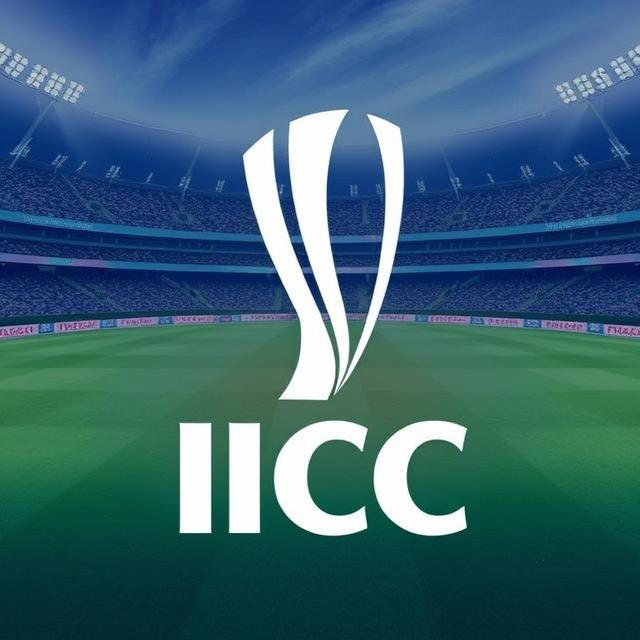Dual Citizenship and Pakistan Cricket: A Complex Relationship

Dual Citizenship and Pakistan Cricket: A Complex Relationship
The allure of international sporting glory often leads athletes to seek dual citizenship. This complex phenomenon, while seemingly straightforward, casts a long shadow over Pakistan cricket, raising critical questions about national identity, player loyalty, and the very fabric of sporting competition. This article delves into the intricacies of dual citizenship and its profound impact on Pakistan’s cricketing landscape.
The Growing Phenomenon of Dual Citizenship
Dual citizenship, the ability to hold citizenship in two or more countries, has become increasingly prevalent in recent decades. Factors such as economic opportunities, educational advantages, and personal circumstances often push individuals to explore this option. This burgeoning trend has understandably raised questions within the cricketing world, particularly in nations like Pakistan, where sporting prowess is deeply intertwined with national pride and identity.
The Impact on Player Performance: A Double-Edged Sword
The question of whether dual citizenship positively or negatively impacts player performance is a matter of intense debate. On one hand, having a second citizenship can offer a player access to specialized training facilities, superior coaching resources, and a broader range of opportunities to hone their skills. However, it can also lead to a player feeling divided in their loyalties, impacting their focus and dedication to the national team.
Many players with dual citizenship have demonstrated exceptional skill and commitment to Pakistan, while others have faced criticism for perceived lack of passion or effort. It’s impossible to provide a definitive answer without considering the individual case and the unique circumstances surrounding each player’s decision.
The Dilemma of National Representation
A key concern surrounding dual citizenship and international sports is the potential for athletes to represent nations other than the one they call home. In Pakistan’s case, the cricketing world has witnessed instances where players with dual citizenship have been selected for teams other than Pakistan, stirring considerable debate about the integrity of international competitions.
The lines between loyalty and opportunity become blurred, and the very notion of national representation is brought into question. Pakistan’s cricket fans, steeped in a deep sense of patriotism, often find themselves torn between supporting players they believe should be solely representing their nation and acknowledging the player’s right to pursue their ambitions elsewhere.
Case Studies and Illustrative Examples
Examining specific cases sheds light on the multifaceted nature of the issue. Consider the player who, with their dual citizenship, has access to a world-class training facility and coaching staff, leading to significant improvements in their skills. However, there might be a perception that this enhanced performance is at the expense of another nation’s team, fueling debate and controversy.
Conversely, a player with dual citizenship might face criticism for potentially prioritizing their interests in one nation over the other, leading to a lack of fervor for their native team. Ultimately, understanding the individual’s motivations and dedication is crucial in forming a nuanced perspective.
The Role of National Pride and Identity
For Pakistan, cricket is deeply intertwined with national identity and pride. The vibrant history of the sport, iconic matches, and the immense passion of the fans contribute to its significance as more than just a game. Players are often seen as national heroes or villains depending on their performance and actions. Thus, the decision to pursue dual citizenship can be seen as challenging the very essence of this deeply rooted connection.
How does dual citizenship alter the narrative of sporting success when framed through the lens of national identity? It often necessitates a careful exploration of personal choices against the backdrop of national expectations.
The Debate and Controversy Surrounding Dual Citizenship in Pakistan
The discussion around dual citizenship and Pakistan cricket is marked by a wide range of opinions and perspectives. Some argue that players should be fully committed to their home country, while others believe that dual citizenship should not impede an athlete’s pursuit of personal and professional growth. The controversy continues to heat up due to the often emotive and sensitive subject matter.
The Pakistan Cricket Board (PCB) has historically taken a stance that prioritizes national representation and loyalty. However, maintaining this position in an increasingly globalized world proves complex, as it potentially clashes with the aspirations of individual players.
Future Implications and the Way Forward
The future of dual citizenship in Pakistan cricket, and indeed in international sports globally, remains uncertain. Finding a balance between supporting individual ambitions and upholding the principle of national representation is paramount. Open discussions, clear guidelines, and a proactive approach from the governing bodies are crucial in navigating this complex landscape.
Potential solutions might include updated regulations, more flexible policies, or even establishing clear guidelines on the permissible level of involvement in international competitions for athletes holding dual citizenship.
It’s also crucial to emphasize the importance of maintaining open communication and understanding between the PCB and potential dual-national players. This could pave the way for a more amicable resolution to the ongoing debate.
Conclusion
The relationship between dual citizenship and Pakistan cricket is complex and multifaceted. It reflects a wider global trend in sports and challenges traditional notions of national identity and loyalty. Navigating this complex terrain requires a nuanced understanding of individual motivations, global trends, and a commitment to fostering a balanced perspective that respects both national interests and individual aspirations. In the end, finding harmony between the desire for personal achievement and the profound sense of national pride remains a key challenge for Pakistan cricket.
Ultimately, this debate highlights the intricate and often emotionally charged intersection of personal ambition, national pride, and the pursuit of excellence in the world of international sports.